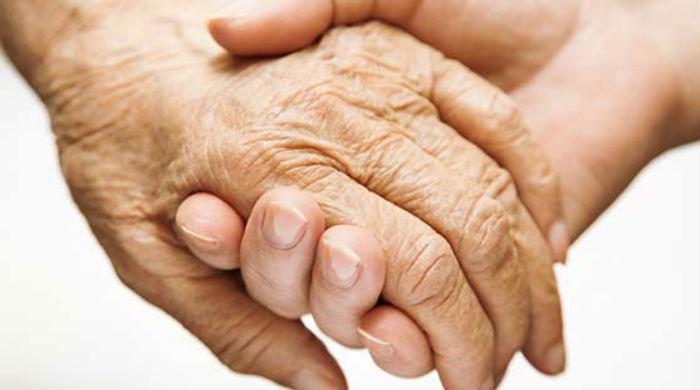Parkinson's Disease manifests differently in each individual, but there are some consistent symptoms that are observed in the majority of the diagnosed patients. In this article, we will highlight the four indicative symptoms of Parkinson's disease, and how to manage them.

Symptom #1: Muscle Rigidity
Muscular rigidity which is often referred to as "Parkinson's rigidity" is a symptom experienced by over 90% of patients. It involves muscle stiffening, especially in upper and lower limbs, neck, and even facial muscles. The stiffness can restrict movement and make basic tasks such as buttoning a shirt.
Managing Muscular Rigidity
- Exercise: Maintaining flexibility and strength through routine exercises can reduce some of the stiffness.
- Speech Therapy: It helps to retain the flexibility of facial muscles and ensures effective communication.
- Medication: Levodopa (L-Dopa) is a medication that can ease stiffness by boosting dopamine production.
Symptom #2: Resting Tremors
Resting tremors are experienced by 75% of patients. This tremor is mainly observed in the hands and feet of the individuals, and it resembles the action of rolling a pill between the thumb and index finger.
Managing Pill-Rolling Tremor
- Stress Management: Stress can increase the severity of tremors. Individuals are recommended to find their own techniques to release stress, such as painting, and mindfulness, ...
- Positional Adjustments: Performing tasks while seated or stabilized can help to control tremors.
- Medication: Like with rigidity, L-Dopa can help with tremors.
Symptom #3: Bradykinesia
Bradykinesia describes the noticeable slowing down of movement and reactions. It can present as a decrease in spontaneous movements, such as diminished arm swing while walking, slowness in physical actions, and abnormal stiffness.
Managing Bradykinesia
- Physical Therapy: It can help with mobility issues and counteract the effects.
- Visualization: Anticipating tasks and visualizing steps can assist in executing movements.
- Adaptive Tools: Items like weighted utensils and Velcro clothing can offer practical assistance.
Symptom #4: Postural Instability
Postural instability refers to weakened balance and coordination, which puts the individual at risk of falls and injuries. It is a challenging symptom, especially since dopamine-boosting medications aren't effective against it.
Managing Postural Instability
- Physical Exercise: Exercise can offer some limited relief.
- Home Adaptations: Incorporating grab bars, ramps, and barrier-free bathrooms can enhance home safety.
Navigating Parkinson's with Home Care
Parkinson's is a complicated condition that requires comprehensive care. Home care services can be a comforting and practical solution. Specialized Home Care Aides can offer assistance with daily activities, such as:
Qualified, specialist Home Care Aides can help with daily functions and increase the well-being of the individuals.
Credits:
Bradykinesia
Tremors
Pill-rolling tremor: Symptoms, causes, and treatment
Rigidity
Postural Instability


 Tweet
Tweet
 Share
Share



